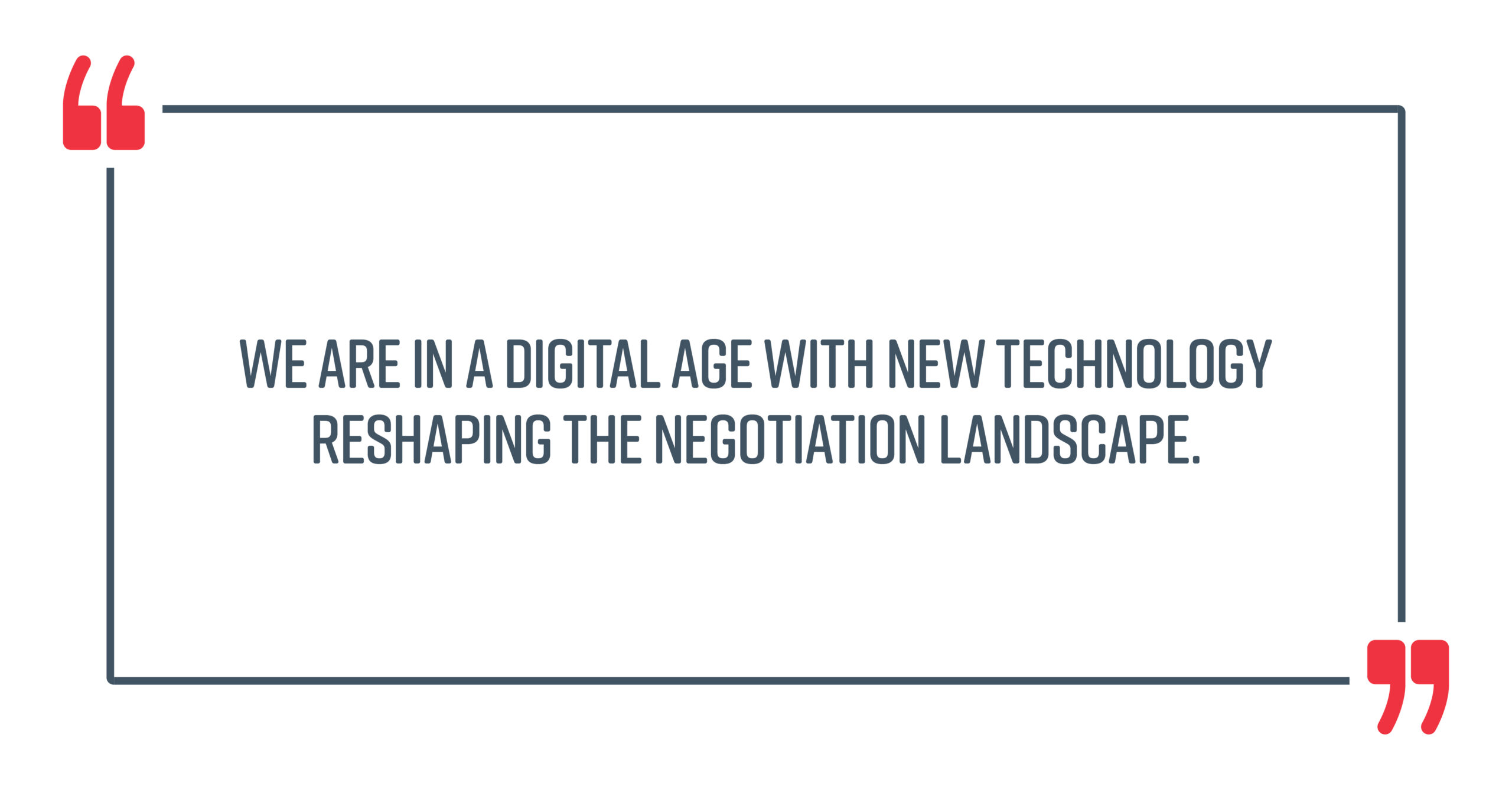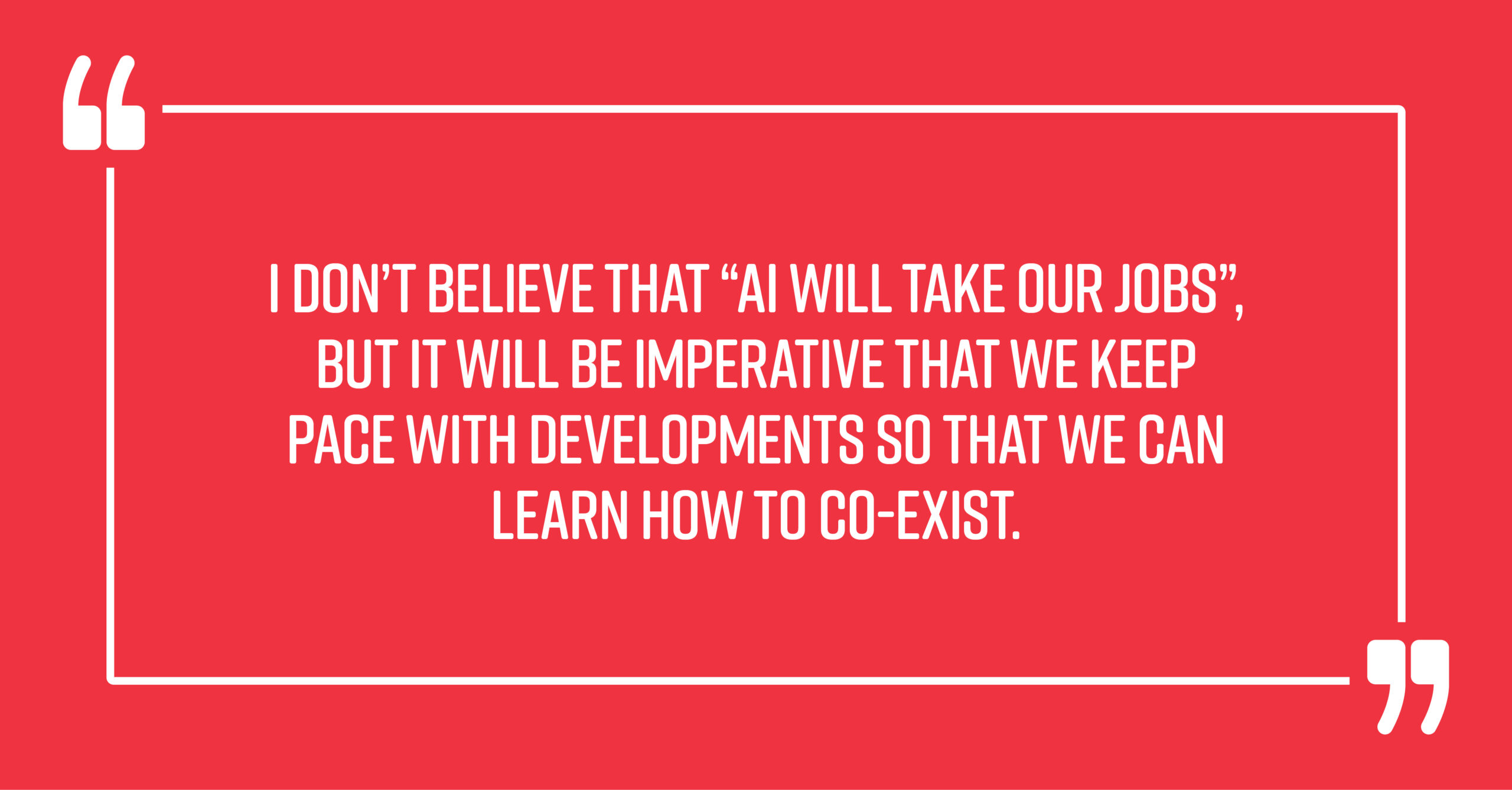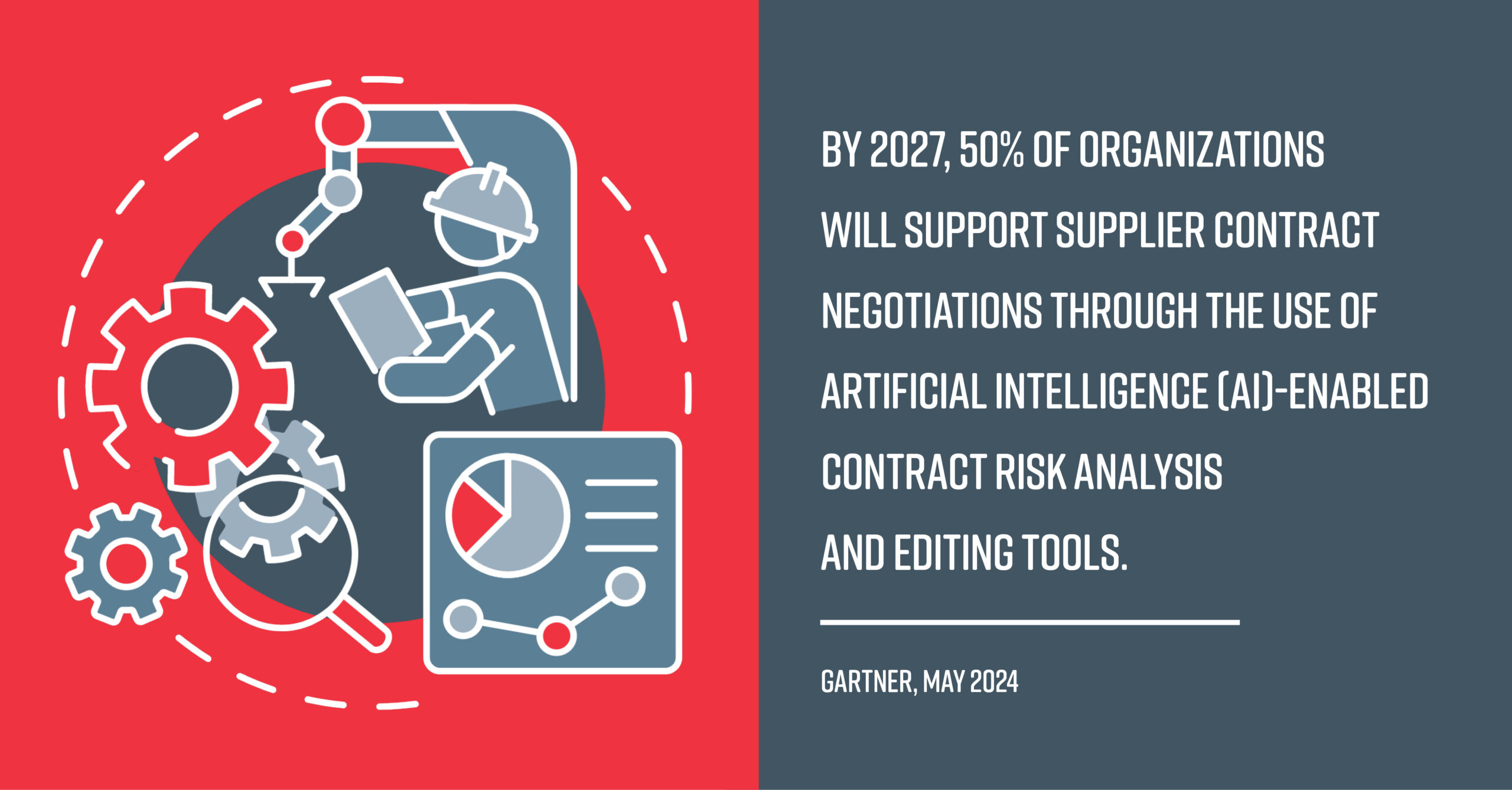The art of negotiation has historically been a face-to-face endeavour, where the subtle interplay of verbal cues, body language, and human rapport dictated the ebb and flow of the bargaining process. Traditional negotiations relied heavily on physical presence, allowing negotiators to leverage their presence and negotionality®(negotiation personality) to influence outcomes. However, the digital revolution has ushered in a new era where online negotiations have become the norm, driven by a need for efficiency and the constraints of a globalized business environment.
As we navigate through this technological transformation, leading companies such as Walmart and Maersk are at the forefront of adopting AI negotiations. These corporations are using autonomous negotiation tools to conduct negotiations with their suppliers. These virtual negotiation assistants are not only streamlining the process but also reshaping the negotiation landscape. By harnessing the power of AI negotiation software, these businesses are able to conduct negotiations with unprecedented speed and increasing precision, setting a new way for how deals are done in the digital age.
The shift from in-person to online negotiations has not only changed the location, but also the tools and techniques at our disposal. With the arrival of AI to aid negotiation planning, the capabilities of negotiators have expanded which has allowed for more data-driven and strategic approaches to negotiation. As we continue to explore the potential of AI in negotiations, it’s clear that the future will be heavily influenced by the advancements in this cutting-edge technology.
How New Tech Can Help Us Negotiate
We are in a digital age with new technology reshaping the negotiation landscape. Tools such as AI chatbots, AI avatars, and machine-learning models like GenerativeAI can equip negotiators with unprecedented resources. These fast-evolving technologies can analyze vast amounts of data, simulate negotiation scenarios, and provide real-time strategic advice. They offer the potential to streamline the negotiation process, making it more efficient and effective.

AI Negotiations: How AI Can Help Negotiation Planning
AI Chatbots
AI chatbots are revolutionizing negotiation planning. They can automate certain aspects of the negotiation process such as scheduling meetings, sending reminders, and even conducting initial discussions to gather basic information. This automation of routine tasks allows human negotiators to allocate more time and resources to strategic planning, decision-making and other high-level tasks.
Pros: AI chatbots can process information quickly, operate 24/7, and handle multiple negotiations simultaneously, increasing efficiency and productivity.
Cons: They may not fully replicate the complexity of human negotiations and the emotions, body language and cultural subtleties that come with this, potentially leading to misunderstandings or suboptimal outcomes.
Negotiation planning must consider the limitations of chatbots and ensure that human negotiators are prepared to step in for more nuanced discussions.
AI Avatars
AI avatars represent a more personalized approach to AI-assisted negotiation planning, simulating human appearance and behaviour to create a more engaging experience.
Negotiators can practice getting into character, using an audience or a mirror to act out the behaviour in real life. This method of modifying behaviour is about learning how to act, specifically practicing suppressing some natural tendencies while emphasizing others. In terms of AI negotiation software, this means creating avatars that can exhibit a range of behaviours and gestures that align with the desired traits for a particular negotiation context – a powerful way to train the brain and instruct the subconscious.
Pros: They can provide a more relatable and interactive interface, which may improve communication and rapport between parties.
Cons: The development and maintenance of sophisticated AI avatars can be costly, and they still face challenges in accurately interpreting complex human expressions and reactions. There is a balance to be struck between the benefits of personalized AI assistance and the limitations of current technology.
GenerativeAI
GenerativeAI is a machine-learning model that is trained to create new data, rather than making a prediction about a specific dataset. For negotiation planning, it can be used to create more realistic negotiation simulations, providing negotiators with a safe environment to practice and hone their skills.
Here at Positive Purchasing, we’ve built our guided negotiation plan creator, Ruby, using GenerativeAI. Programmed with negotiation tactics and techniques outlined in the Red Sheet® negotiation methodology, this intelligence helps to simulate negotiations and provide negotiators with practice scenarios to fine tune their strategies and responses. This is perfect for role-playing different negotiation outcomes and preparing for various negotiation dynamics that may occur remotely, such as via phone, email, or video conference.
Pros: It can help enhance preparation, communication and strategy development.
Cons: There is a risk of overreliance on AI, which could lead to a devaluation of human judgement and negotiation skills. Also, there may be concerns about data privacy and issues relating to cost and accessibility.
Whilst Generative AI can provide valuable insights and assist with planning, the human element of negotiation – such as emotional intelligence, human judgement and expertise, creativity, and ethical considerations – remains crucial.
Will Technology Bridge the Gap Between Cultural Differences in Negotiations?
Technology has the potential to bridge cultural differences by providing negotiators with insights into different negotiation styles and cultural norms. AI can analyze cross-cultural communication patterns and suggest appropriate strategies. However, technology may also homogenize negotiation practices, potentially overlooking the unique aspects of cultural diversity. So it must be used with caution.
The Future Skillset Procurement and Sales Teams Will Need For AI-Driven Negotiations
As AI develops and becomes more integrated into the negotiation planning process, procurement and sales teams will need to develop a new skillset. Skills such as data analysis, AI management, and the ability to work alongside AI to leverage its strengths while compensating for its limitations, will be critical. Teams will also need to maintain strong interpersonal skills to manage relationships and understand the human elements that AI cannot fully replicate. I don’t believe that “AI will take our jobs”, but it will be imperative that we keep pace with developments so that we can learn how to co-exist. The fact remains that despite these technological advancements, the essence of negotiation remains rooted in real-life social cooperation. We bring to the table the distinct ability to interpret nuances, understand emotions and build rapport – skills that are currently beyond the full grasp of AI.

Where do we go from here?
AI holds significant opportunities to enhance our negotiations. It can manage vast amounts of data, provide insights based on past negotiations, and even simulate potential outcomes, allowing negotiators to prepare more thoroughly and strategize more effectively.
Successful negotiations will depend on a balanced integration of AI’s analytical prowess with the irreplaceable human touch that fosters trust and mutual understanding in negotiations. This synergy between AI and human negotiation skills will be the cornerstone of effective negotiation strategies in the future.
AI won’t replace the need for human interaction; instead, it will complement and augment our innate negotiating abilities, allowing us to navigate the complexities of negotiation with innovative tools, while preserving the irreplaceable value of personal rapport and emotional intelligence.
Written by Jonathan O’Brien, leading negotiation expert and CEO of Red Sheet Negotiation and Positive Purchasing Ltd. Jonathan works with global blue-chip organizations to help transform their negotiation capability. He also helped pioneer the Red Sheet® negotiation methodology.
The Procurement Show
If you enjoyed this blog, why not check out episode ‘How We Will Negotiate in 2050?’ of my podcast? We travel to the year 2050 to explore the rise of AI and its potential impact on the need for human involvement in negotiations. So grab a brew and listen here.



